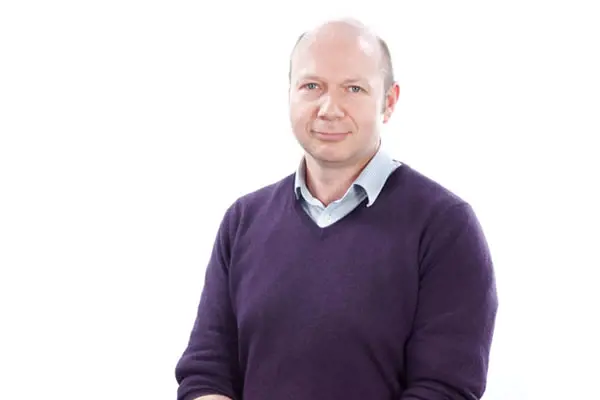.png?ext=.png&width=900&resizemode=force)
The BRAINatomy study, which is researching innovation in radiotherapy to improve treatment of paediatric cancer, has received a £5 million donation from Cancer Research UK.
Cancer Research UK is supporting the study through its grant programme, SU2C-CRUK Pediatric Cancer New Discoveries Challenge, which is supporting three teams of scientists in the UK and US in studying paediatric cancer.
Then one or two of the three teams will then receive a second round of funding based on progress and potential impact.
Changing how radiotherapy is planned
The project, entitled “BRAINatomy: A Validated Anatomical Atlas of Childhood Neuroradiation Damage”, will study the path radiation travels when treating paediatric brain tumours.
While precision radiotherapy is “essential” to treating such conditions, these treatments can still cause lifelong side-effects on cognition and hormone production, the team explained.
The team will compare pre- and post-treatment, in order to link brain regions to long-term side effects.
The abstract explains: “Current radiotherapy planning is hampered by the absence of information about which brain structures should be avoided to reduce late toxicity.
"This project’s primary significance is its potential to identify the brain regions that should be avoided and to change how cranial radiotherapy is planned."
An 'atlas' of brain regions
The project will allow the team to identify the regions of the brain sensitive to radiation and involved in cognition and hormone production, in order to develop an “atlas” of brain regions to be avoided during radiotherapy.
Martin G. McCabe, leader of the team and researcher at the University of Manchester, said: “This research could be a real game-changer for generations to come as we develop ways to deliver radiotherapy accurately to tumours but avoid sensitive areas of the brain and ultimately give patients much better lives.”
Work will involve two independent patient cohorts treated at the St Jude Children’s Research Hospital, USA and the Christie Hospital, UK, will be studied, their imaging data analysed, and a risk prediction model will be built.
'A transformative change'
The study is part of the SU2C-CRUK Pediatric Cancer New Discoveries Challenge, a grant initiative which seeks to spark collaboration within and outside paediatric cancer research.
It aims to increase the number of innovative and effective approaches to treating the conditions.
The programme will support “multi-disciplinary, multi-institutional, trans-Atlantic Teams” to pursue a “transformative change in our understanding of the drivers of paediatric cancers” and the development of novel or repurposed medicines, treatment strategies or technologies.
Investigating cancers
The other two teams under consideration are “Combination targeting of oncogene-driven childhood cancer”, and “Targeting R-loop stability in Ewing sarcoma”.
The former aims to design special CAR-T cells – genetically altered autoimmune system cells – to boost immune systems in patients with different kinds of brain cancer, while the latter is investigating a cancer-causing gene alteration (R-loops) to develop a drug which can target this mutation.
The SU2C-CRUK Pediatric Cancer New Discoveries Challenge is supported both by Cancer Research UK and the Stand Up To Cancer.
(Image: Martin McCabe, via the Christie NHS Foundation Trust)
